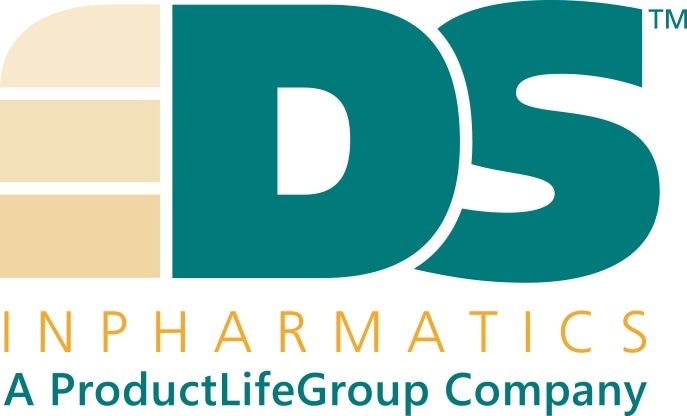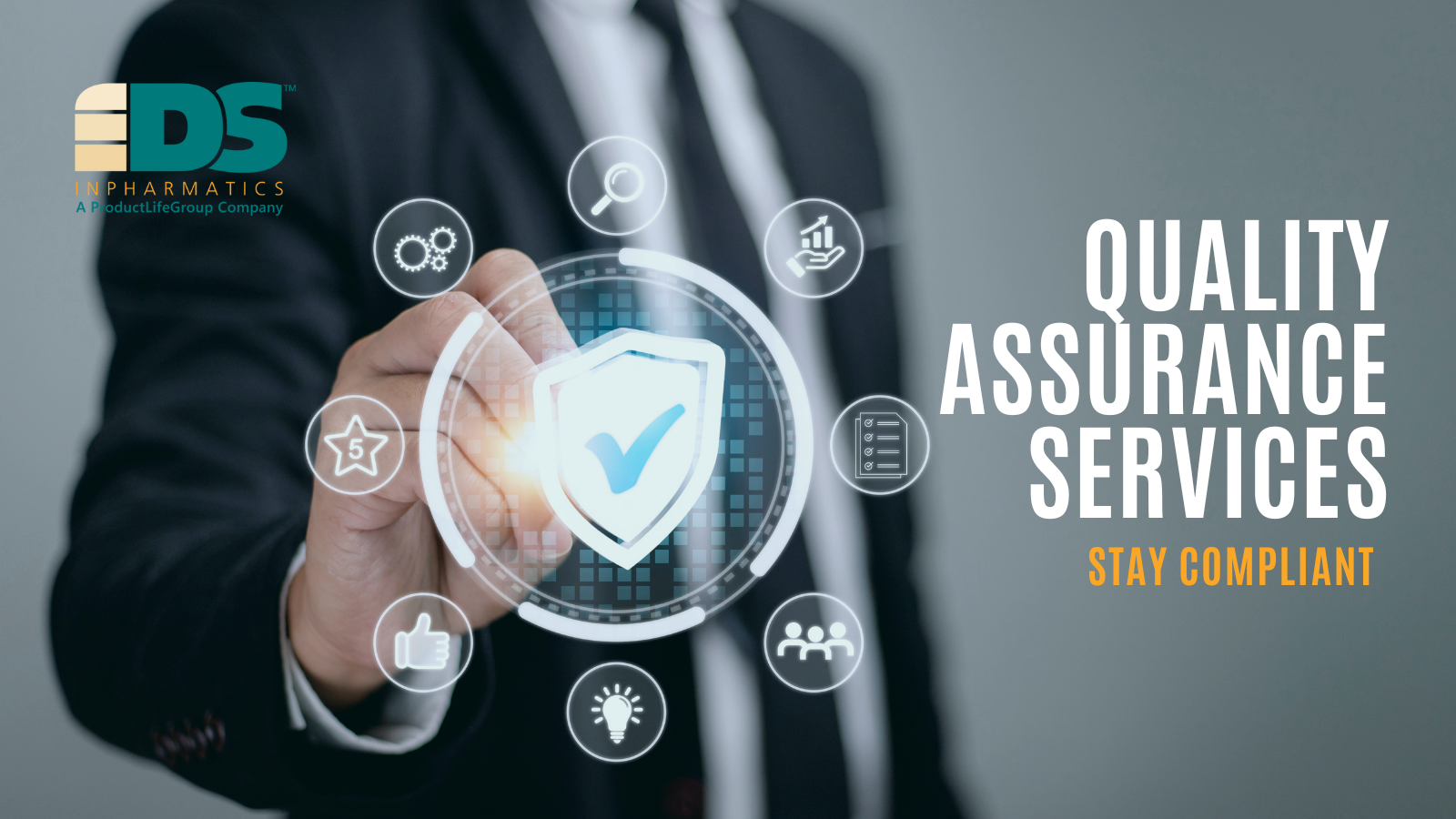This interview examines the principles of continuous improvement and how they can be applied to enhance QMS.
What principle does DSI prioritize for continuous improvement for quality management? How do these principles contribute to the advancement of quality management systems?
Continuous improvement is an industry expectation. If you are using quality management systems on a daily basis, it is important to keep up with what changes and trends you are seeing in the industry and within your own organization and ask whether there are things that you could be doing better. ICH guidelines advise continuous improvement.
Our organization is slightly different. We do not need to continuously improve every piece of our quality management system because we work with many other companies’ quality management systems. However, because we work with many other organizations, my team will bring back best practices and trends that we have seen so that we can improve whatever we have as well.
How does DSI’s GMP consulting team provide hands-on support and strategic guidance to enhance clients’ quality systems?
Each of us is a seasoned quality professional. We have all worked in the industry for a long time. Because we make continuous improvements within our organization and update each other, we can then apply those improvements to our clients as well.
Consultants use gap assessments to determine where support is needed and provide a strategic plan for improving their systems with known best practices, remediating the identified gaps.
How does DSI navigate the challenge of maintaining compliance with industry standards while meeting the unique needs of companies at different operational stages?
One of the things that we all maintain in the organization is that we should have phase-appropriate quality systems. If somebody’s in Phase 1, the requirements differ from Phase 3. We help our clients understand what is expected at each phase and we apply them as such.
We work with our counterparts, either within the client or within DSI, to determine what phase-appropriate standard operating procedures (SOPs) need to be in place.
If you have appropriate SOPs and policies for each phase, you will be compliant because you have the right systems in place.
If you try to implement a Phase 3 set of SOPs in Phase 1, that is not going to happen. You would have a lot of information you do not have procedures for, and a lot of things you cannot comply with, so you would not comply with your SOPs. We can maintain compliance by applying phase-appropriate procedures and policies.
Can you offer an example illustrating how DSI’s proactive evaluation of vendor cGMP compliance minimizes risks, ensuring quality and preventing disruption in the supply chain?
When performing audits where vendors are being evaluated/qualified for cGMP (current good manufacturing practice) compliance, on-site visits are extremely pivotal in identifying real-time operations and deficiencies, and identifying possible areas for improvement.
Allowing for more valuable risk assessments will minimize causes for disruptions in the supply chain, making things more efficient in the long run. We are there to ensure quality and product compliance and to prevent a problem from disrupting distribution.
It is relevant to consider whether distribution is per clinic or commercial. Most of our clients are small-scale clinical product suppliers. However, some of our clients do have commercial distribution. Our whole goal is to ensure that if the systems in place are adequate, you should be able to reduce risk or, if you do have risks, carry out risk assessments to ensure that the client is not put at risk.
Image Credit: DS InPharmatics (DSI)
Can you describe DSI’s approach to managing compliance situations?
If there is a deviation or some type of non-conformance, we will evaluate it. If a risk assessment is needed, we will perform that. If corrective and preventative actions (CAPAs) are needed to correct or prevent it in the future, those will be put in place. That is how we ensure compliance. Everything is reviewed fully and adequately, and we make sure that the right people review the documents.
Most of the time, we will have a technical reviewer and a quality reviewer. If it is analytical, we will have an analytical expert. If it is manufacturing, we will have a manufacturing expert. Then, we will have the quality review.
We try to match our quality consultants to the appropriate product dosage forms we are working on so that they have that knowledge and can better offer appropriate advice, guidance, and compliance.
How does DSI strike a balance between adaptability and adherence to industry standards?
DSI consultants continuously monitor the industry for best practices and work with clients to create unique programs that meet their clients’ needs. An experienced DSI consultant also works with their client to determine and recommend the best approach.
We also look at who is in our clients or within DSI and whether we have appropriate people listed on procedures. Companies do not always have all these individual positions, and many people are multi-purpose within an organization. You have to ensure you effectively designate work to the right person.
Can you share an instance where DSI’s involvement in batch record review and release upheld the highest quality standards, ensuring compliance with industry regulations?
DSI’s consultants perform routine batch record reviews and releases to ensure compliance with industry regulations, filing requirements, and regulatory guidance.
One of the many best practices DSI recommends for their clients’ batch record review process is to include a systematic approach, including both technical and quality assessment (QA) reviewers, to ensure the knowledge and compliance requirements are addressed and a robust documentation system is used as part of the review and release process.
I work on many projects. Right now, I am on one project with four additional reviewers, and we spend hours going through the batch records.
I have teams of technical and QA reviewers. They review every piece of the batch record. If the companies have not written up deviations, they will request them. They will make sure that compliance is there and that if somebody else comes in to look at this batch record, all the questions will be answered. Nothing would be left unanswered as part of our review.
Does DSI provide strategic initiatives and training programs to help clients improve quality systems and mitigate future risks?
Depending on the client’s requirements and the stage of the company, the DSI consultant will recommend, advise, or implement initiatives as requested by the client, perform training as needed, and be involved in risk management to help mitigate risks. For example, consultants can provide guidance and remediation activities on data integrity and other risk-identified quality issues.
How does DSI assist clients in preparing for pre-approval inspections? What measures does the company take to minimize surprises during approval and launch processes?
In many cases, there are two different ways to go about this. If we have been working on the project from day one, we have probably signed off on all the documents and know exactly what to expect.
Once we are approaching filing, we will do a mock pre-approval inspection (PAI) to make sure that all the documents we are expecting are done and approved, that no corrections are needed, and that all the systems needed to support them are in place.
If we are asked to do that and have not been involved previously, we will still go in with the same scope to ensure that all the documents are approved and sound. If there are any observations, we will note them so that they can be corrected. We will work with the client to help them prepare for the PAI. If they need help training individuals to speak to a health or regulatory body, we will also help them train them for that.
Can you share a case study in which DSI’s approach to addressing clients’ needs successfully resolved challenges in quality and regulatory operations?
This approach has been followed for many years and is currently active with several clients pending regulatory approvals. Recently, a team of auditors went to Europe for a client to perform PAI inspections of their CDMOs. No FD-483 observations were noted during their PAI inspection.
About Bettina Kaplan 
Bettina Kaplan is a seasoned Pharmaceutical Quality Assurance and Compliance professional with a BS in Chemistry from Steven’s Institute of Technology and various industry certifications in Quality Assurance and Compliance Practices. Bettina has over 30 years of experience in Quality Control, Quality Assurance (R & D, Manufacturing, Quality Systems, Supplier Management, Quality Management and Corporate Quality) and Compliance with expertise in remediating and building robust and effective Quality Systems that are fit for the organization’s size and scope.
About DSI, a PLG Company
DS InPharmatics (DSI) provides regulatory, technical, and project management consulting services to healthcare product companies that manufacture and/or market pharmaceuticals, biopharmaceuticals, and cellular and gene therapy products.
Since 2007 we have provided our clients with innovative strategies and exceptional quality work products intended to enhance product development, approval, and marketing presence. Whether advocating CMC strategy, directing CMC operations, or developing CMC submission content that represents the best interests of emerging biotech, we focus on the critical CMC issues and build programs that enhance development.
In April 2021 we were thrilled to announce that DSI has just become part of ProductLife Group.
French-headquartered ProductLife Group (PLG) is well-known in the Life Sciences market. It has a track record of successfully managing global outsourcing programs and insourcing services for its international client base. The company is on a mission to help transform human health outcomes by optimizing regulatory affairs, safety & vigilance, and quality compliance for life sciences organizations worldwide.
The fit between our two organizations could not be more perfect. We will complement PLG’s growing biotech services portfolio. US biotech sponsors recognize DSI as a leader in consulting for go-to-market strategies and RA pre-market consulting. At the same time, PLG has a strong reputation for managing end-to-end outsourcing of regulatory affairs and pharmacovigilance activities worldwide.
Our merger with PLG will harness our combined strengths, offering our clients on both sides of the Atlantic support with their developed drugs approvals and post-approvals compliance, plus advisory services on the best market strategies to deliver a rapid ROI on their development. Together we will offer our clients increased pharmacovigilance capabilities – including a QPPV; pharmacovigilance consulting; and a fully validated safety database – as well as complementary toxicology-related services; RIM/electronic document management services; and support for medical device regulatory requirements.
We see enormous potential in this new chapter for DSI and you, our clients. As a PLG company, we have the opportunity to become part of a global force in life sciences regulatory and compliance solutions and services, and we’re incredibly excited to add our momentum to that effort.








